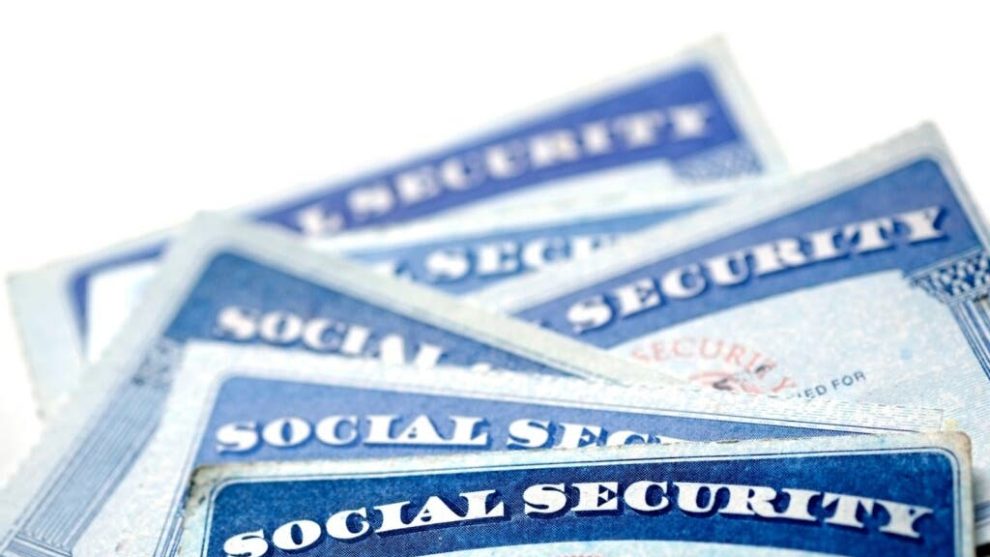A recent shift in how the Social Security Administration handles benefit overpayments may offer partial relief — but it still comes with serious consequences. Effective April 25, the SSA began withholding up to 50% of monthly Title II benefits, such as retirement, disability, or survivor payments, from those who received overpayments.
While that’s a step back from the previously announced 100% clawback, experts say the new policy can still leave retirees and other beneficiaries in financial distress.
Don’t Miss:
Overpayments happen when the SSA sends out more money than a person is actually owed. This can occur for several reasons, including agency errors or delays in processing information — like changes to a beneficiary’s income, living situation, or marital status.
When the SSA determines that an overpayment has occurred, it sends a notice asking for full and immediate repayment. If the beneficiary doesn’t respond within roughly 90 days — by requesting a waiver, a reconsideration, or a lower repayment rate — the SSA begins automatically withholding funds.
According to an emergency message from the SSA, the new policy sets a default withholding rate of 50% for all new overpayment notices beginning April 25. This means half of a beneficiary’s monthly check may be withheld until the debt is paid off — unless they take action.
Trending: The average American couple has saved this much money for retirement — How do you compare?
The SSA’s decision follows backlash against a previous plan to withhold 100% of benefits for overpaid recipients. That plan, announced earlier this year, would have left some individuals without any income at all. Critics, including advocacy organizations and lawmakers, called the full clawback “draconian.”
While the reduced rate is seen as progress, it’s far from a full solution.
“If you’re relying on your benefits to pay your rent or your mortgage and buy food, losing half of that income is going to be devastating and can still result in people becoming homeless,” Kate Lang, director of federal income security at Justice in Aging, told CNBC.







Add Comment